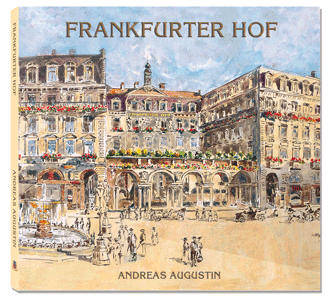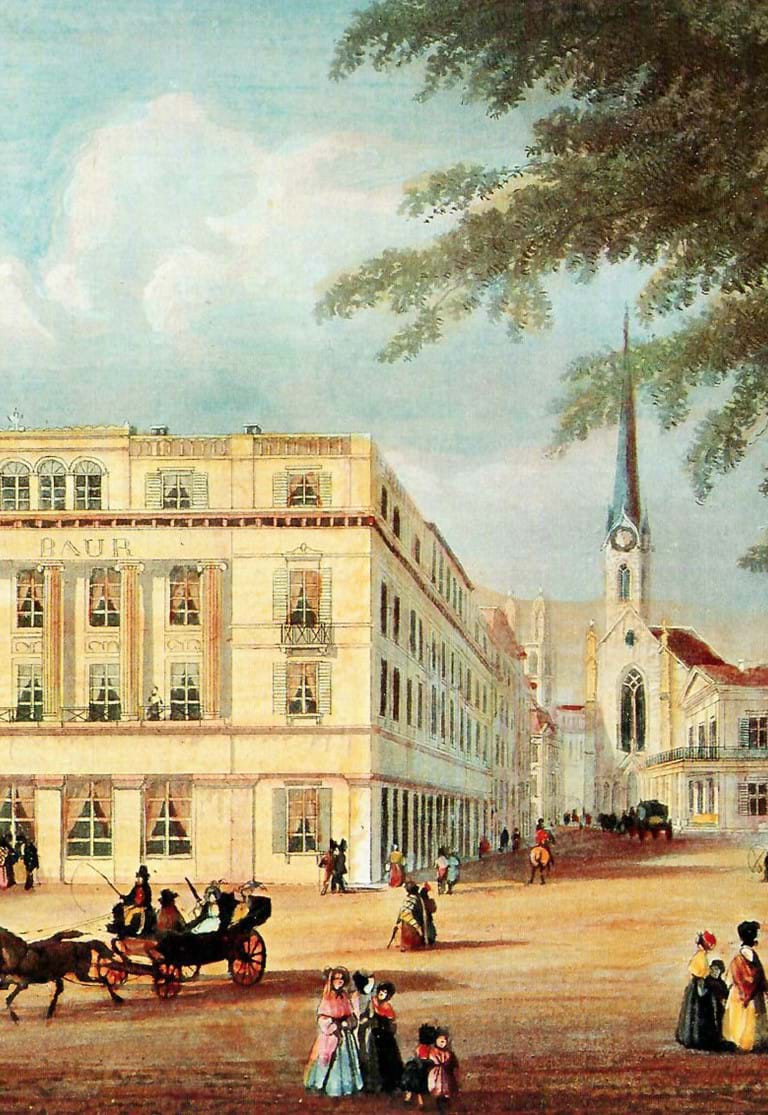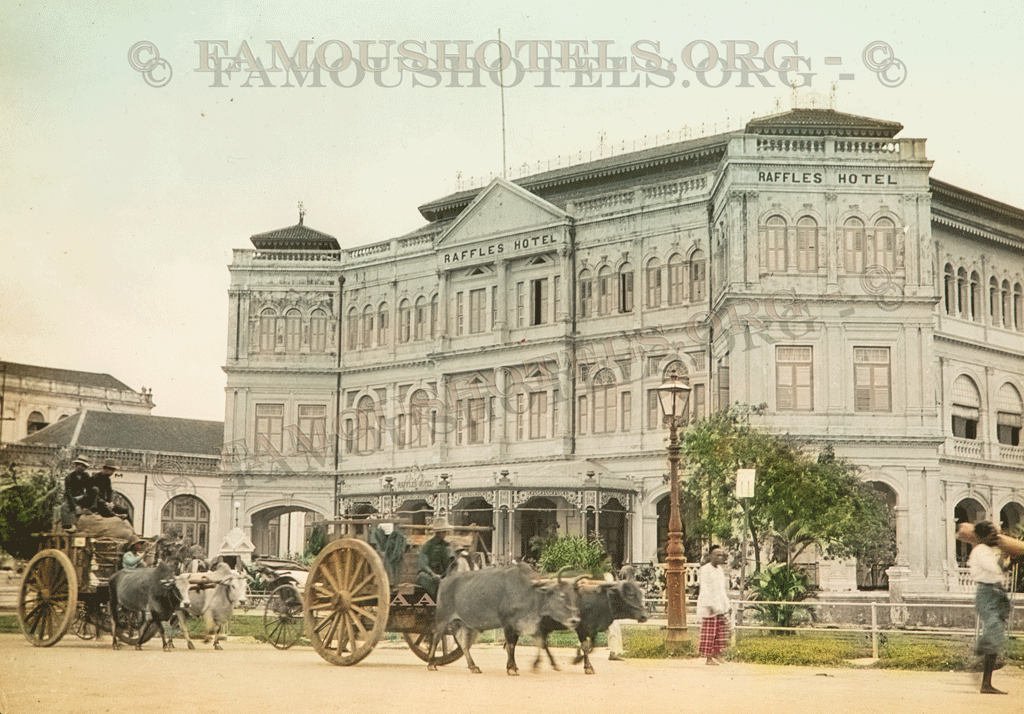Stars For History
( words)
The most senior military ranks are classified by a star system, ranging from 1 to the most senior 5 star ranks. Based on the two star system of travel handbook publisher Karl Baedeker (1830s) and the five star army system, the international hotel ranking system is taking one big step. The three cradle-countries of high-class global tourism, Austria, Switzerland and Germany have agreed on a joint star classification system which will apply as of 1 January 2010. Switzerland will implement the changes later. With a World Hotel Rating (WHR) system still pending, for the first time in history the German, Austrian and Swiss hotel classification system will be unified.
While the new system is now being implemented, the next generation plug-in is already waiting in the wings. HISTORY will be a big subject, the board* confirmed in a meeting in Vienna (June 2009).
Austria and Germany go ahead:
Around 30% of total criteria were amended and individual criteria were specified more precisely, which should increase the rationale behind one or other additional investment, as an increased star-rating justifies an elevated room charge.
A first trial run with a select few hotels has shown that the businesses managed to retain their category. In general, it's expected that more hotels will subject themselves to classification than the 70% that have done so up to now. Testing will be carried out every two to three years in coordination with the hotelier. In case of complaint, testing will be made on a more regular basis. The whole undertaking will be financed through the annual membership fees for the hotel associations.
As already established, categories will stretch between 1 and 5-star classifications. The six or even seven star classification was rejected as a mere marketing gag.
In order to allow the hotel to shine within its category, each category will have a "superior" class. All hotels will be classified, from hotel garni to grand hotel. From a qualitative perspective, lots has changed: In terms of room equipment, more attention is paid to comfort while sleeping, pillows, mood-lighting, cosy room atmosphere, odour, music and colour and not to forget the MP3 docking station. The MICE area is also included, as is the spa.
A maximum of 842 points are awarded for 5-star superior, such a hotel must achieve a minimum of 570 points. But even with one star, the hotel has a certain hurdle to surmount (90 points). Even guest questionnaires ("How was your stay with us?") and their implementation are rewarded. Hotels which can also provide a report from an (external or chain) mystery shopper are rewarded with 15 points. As of the 3 star superior levels, these reports are even compulsory.
Luxury hotels and their criteria
Why luxury hotels are more expensive becomes much more transparent: An à-la-carte restaurant open seven days a week is just as compulsory as a hotel bar, a page and a concierge. A bell boy and doorman aren't mandatory but would each bring a further 15 points. Daily change of bedding must be guaranteed where requested by the guest. A telephone on each floor was a marketing ploy 100 years ago - today, hoteliers earn just one measly point for a public telephone. The portable in-room handset with multi-lingual instruction manual is rewarded with extra points.
Whilst Switzerland will implement the new classification system in 2011, other countries have also been invited to come on board.
As a next step, history is becoming a key factor. THE MOST FAMOUS HOTELS IN THE WORLD® (famoushotels.org) classification model is certainly a good suggestion. Historic Hotels of America have adopted the classification system, based on the famoushotel.org system. Leading historic hotels around the world are classified by the binding 50/50/50 criteria of famoushotels.org.
Basic requirements: The hotel must be at least 50 years old, must have more than 50 rooms and must be open more than 50% of the year. Presentation and management of the hotel's history is key.
* Austria's Federal Hotel Industry Chairman, Dr Klaus Ennemoser, Mathias Koch, CEO from the Austrian Hotel Industry Association, Helmuth Otto, Chairman of the Hotel Classification Committee in the German Hotel and Restaurant Association (DEHOGA), Markus Luthe, Chief Managing Director at the German Hotel Association (IHA) & Hotel Classification, Thomas Allemann, member of the board of the Swiss hotel association hotelleriesuisse.
ON THE HISTORY OF THE STARS
The German Karl Baedeker published his first guide "Journey along the Rhine" in 1828; a meticulously researched piece of work which for the first time awarded stars. Back then though, the star could be given for the quality of the sunset just as much as for the quality of the hotel. The guide awarded a maximum of two stars, yet hotels never achieved this. The Swiss national Iwan Tschudi and the Englishman John Murray (both 19th century) didn't make classifications. In 1862, Weidemann's Guide through Vienna was the first to divide hotels into 1st and 2nd class. Later, Austria used the categories A1, A, B, C and D, though his system never won popularity internationally.





